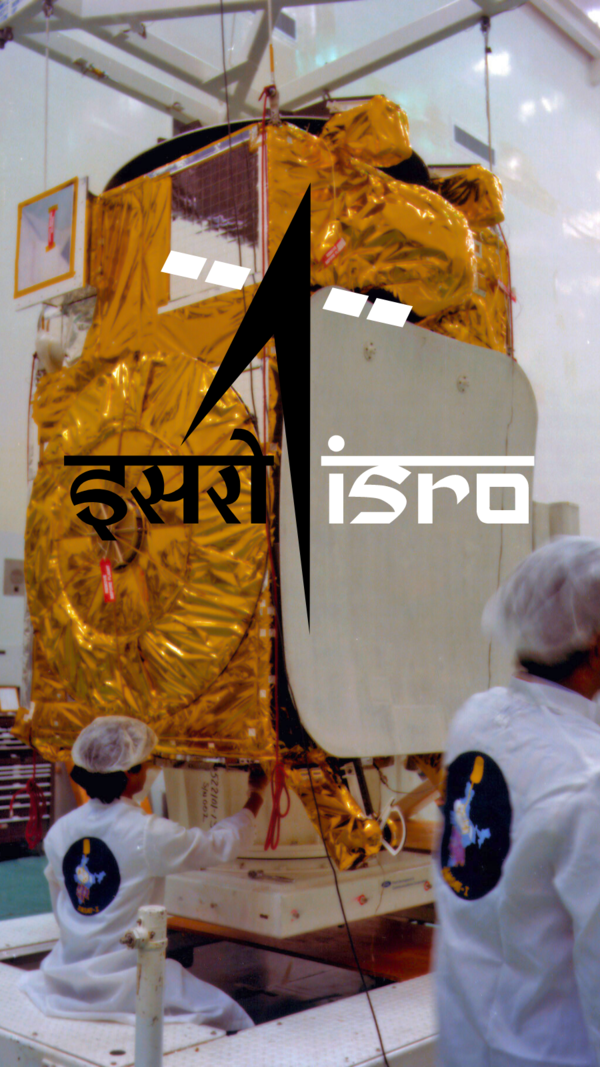- News
- Education News
- How does machine learning ensure personalised learning for students?
Trending
This story is from December 9, 2022
How does machine learning ensure personalised learning for students?
Personalised learning is perhaps one of the major attractions of online education that has reposed the faith of students and parents in it. And machine learning(ML), which is a component of Artificial intelligence(AI), enables personalised learning in a very efficient manner.

Personalised learning is perhaps one of the major attractions of online education that has reposed the faith of students and parents in it. And machine learning(ML), which is a component of Artificial intelligence(AI), enables personalised learning in a very efficient manner. It helps perceive a student's behaviour, their pace of learning, understanding, and creating methods that help to leverage data and improve the performance of some set of tasks.
But before we know about the role of ML in ensuring personalised learning it's important to know about personalised learning. As the word is, this means customising a diverse variety of educational programs, learning experiences, instructional approaches, and academic-support strategies to cater to the distinct learning needs, cultural backgrounds, temperaments, and goals of individual students. The three kinds of approaches to personalised learning are the following:
A look at the educational methods through which ML ensures personalised learning:
All-round mobile learning :
Advanced grading:
Besides these methods, ML is commonly used for classwork personalisation, which includes tracing students’ comprehension of the material and tracking the time spent on homework.
The article dives into the role of ML in ensuring personalised learning.
But before we know about the role of ML in ensuring personalised learning it's important to know about personalised learning. As the word is, this means customising a diverse variety of educational programs, learning experiences, instructional approaches, and academic-support strategies to cater to the distinct learning needs, cultural backgrounds, temperaments, and goals of individual students. The three kinds of approaches to personalised learning are the following:
Adaptive learning : In this method, both computer algorithms and artificial intelligence are used to conduct interaction with the learner and deliver customised resources and learning activities according to the varying needs of the learnersIndividualised learning : This method involves orienting content, instructional technology, and pace of learning according to the abilities and interests of each learnerCompetency-based learning: This learning approach focuses on the progress of the students at their own pace and level of knowledge
A look at the educational methods through which ML ensures personalised learning:
Learning through online platforms:
- ML algorithms help to analyse the online course content, identify whether the information is relevant to the current standards, and analyse if the learners can understand what they learn
- This is done by asking students to answer some questions that help to get fair knowledge about their interests, pace of understanding, and level of knowledge
- This in turn helps to design customised courses and relevant materials on demand
All-round mobile learning :
- ML-enabled educational apps have made it possible to access educational content whenever one wants and have enabled 24x7 mobile learning
- These apps use various parameters and learning behaviour to increase the engagement of students and improve their overall learning experience by personalising the content
- Duolingo is an app that uses ML to predict the probability of remembering certain words or phrases. When the app detects that the user frequently misses these words or phrases, it recommends practising them until they become proficient
Advanced grading:
- Evaluation is an important part of any learning and ML helps achieve this by allowing teachers to identify those who need attention and detect the weak areas of the learners
- The progress monitoring ML tools help track the growth and evaluate lessons in an individual-centric way to find out the solution that works best for the student
- The University of California at Berkeley has created an evaluation tool,
Gradescope , which evaluates and grades the student's work in some courses - Using this tool, the teachers can know about the actual level of students' knowledge by first setting the assessment parameters and by adjusting multiple settings for each course
Besides these methods, ML is commonly used for classwork personalisation, which includes tracing students’ comprehension of the material and tracking the time spent on homework.
End of Article
FOLLOW US ON SOCIAL MEDIA










